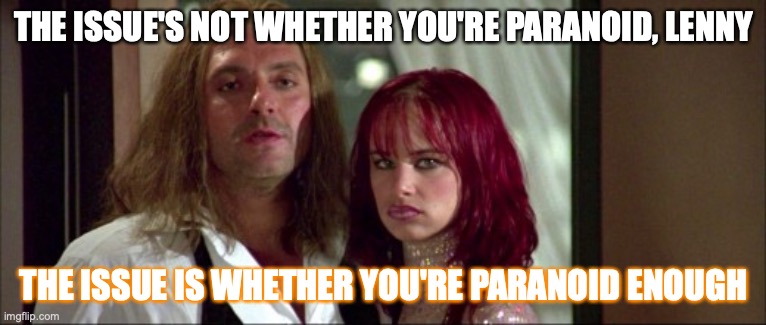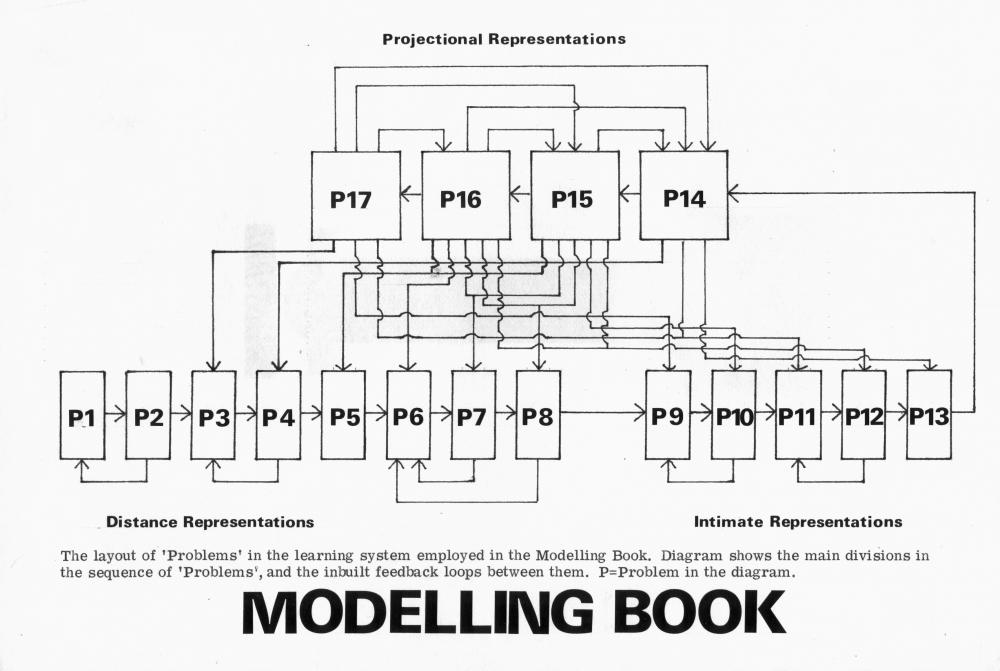You Are Probably Completely Oblivious That This Text Actually Is About You
Reconsidering Eve Kosofsky Sedgwick’s Reparative Reading in an Age of Paranoia

In «Paranoid Reading and Reparative Reading,» Eve Kosofsky Sedgwick takes to task Western critique for its tendency to be based on, even be synonymous with, suspicion. She characterizes it as foremost aiming to expose, believing – as does paranoia – that such an exposure will protect it from threat. Sedgwick laments the loss of other affective modes in theory that might aim to repair. She observes that these often aren’t taken seriously, are seen as naïve or complaisant. In her essay, Sedgwick attempts to expose (paradoxically, she herself admits) paranoia, to describe and understand its mechanisms, and asks what a critique would look like that would turn around the logic of the sentence: «Just because you’re paranoid, doesn’t mean you don’t have enemies» (based on a quote by Henry Kissinger) to «Just because you have enemies, doesn’t mean you have to be paranoid». I was intrigued by the notion Sedgwick names «reparative reading,» a concept that remains obscure in her text, but involves a turn away from protocols in critique such as maintaining an «objective» distance, subsuming phenomena under one term or rehashing well-established theories. The text resonated with questions I had around the politics of positioning oneself – for, alongside, against another, perhaps even against oneself – in critical practices such as writing.




